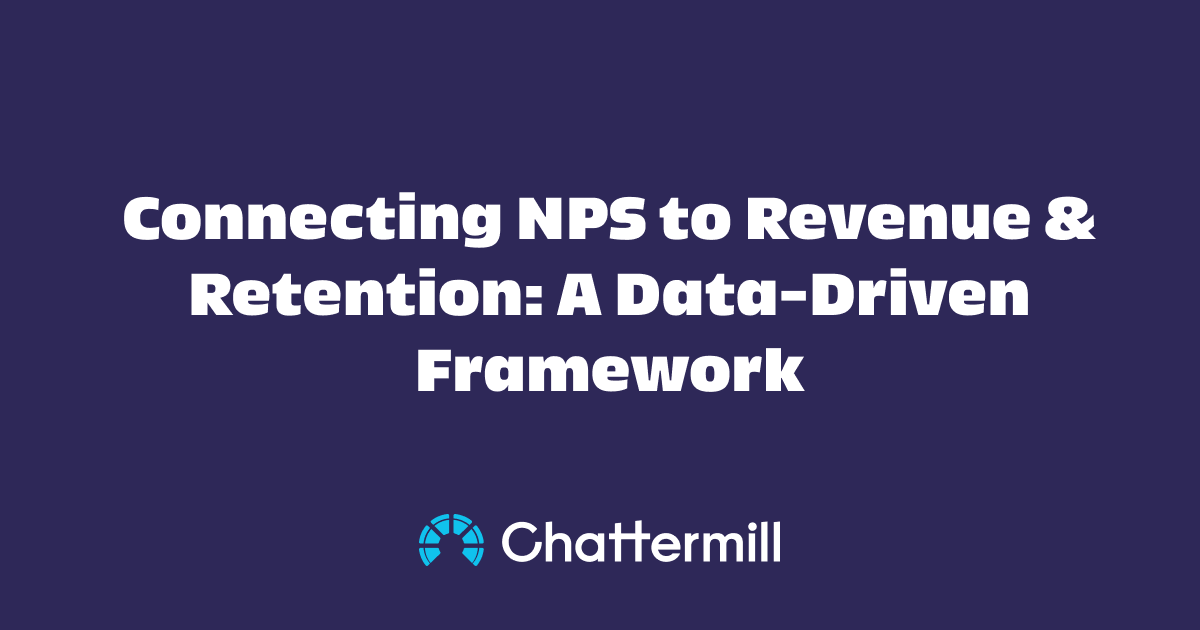After running intimate regional events in Berlin and London earlier this year, it was time to visit Amsterdam, a city that is home to many of our largest customers.
In an engaging and dynamic panel discussion, industry leaders Chloe Ward from Uber and Rufus Weston, previously at Nike and Just Eat Takeaway, moderated by our very own CRO, Luke Moore, explored how AI and data can be leveraged to elevate Customer Experience (CX).
The discussion focused on understanding the current trends, challenges, and the future potential of AI in enhancing customer interactions and experiences across various sectors.
Defining the Landscape: AI and Data in CX
AI in CX spans various technologies like machine learning, natural language processing, and predictive analytics. The panel emphasized how AI can help businesses better understand their customers, personalize interactions, and enhance overall customer satisfaction.
But, beware!
Successful implementation highly depends on the quality of the data and precise integration into existing business processes.
It becomes complex for marketplaces:
Chloe from Uber speaks about the importance of linking the right metrics to the right outcomes
Practical Challenges and Realities
The quality of the data is essential - “rubbish in, rubbish out”.
In order to maintain accuracy and efficiency of data models, we still need continuous manual review and iterations. Chloe mentioned that she sees the role of AI as one augmentation, not replacement - a symbiotic relationship between AI tools and human insights is pivotal for optimal customer experience.
The art of storytelling at scale
Democratizing access to data, and therefore to stories through platforms like Chattermill, empowers more team members to access and analyze customer feedback, thereby fostering a more customer-centric approach across all departments. And whilst AI makes it easy to capture all the data, it’s important to balance things - taking the insights to the right team, but communicating them in a way that is relevant.
Quantifying Customer Experience
But those stories also need to be put into context of hard business metrics. This blending helps evangelize the value of CX data, transforming perceived qualitative anecdotes into actionable insights that impact the bottom line.
AI can Democratize Data, but we still need humans in charge
By making data accessible to various tiers within the company, businesses can unlock a wide array of insights and drive collective improvements in the customer journey. However, we must remain cautious with how data is shared across organizations. Both panelists argued the need for human intervention and control in how the data is distribute:
Future Potential of AI in CX
Looking ahead, the panelists painted a realistic yet optimistic picture of AI’s future in CX. While acknowledging current limitations and the need for ongoing data refinement, the possibilities for advanced personalized customer interactions, real-time feedback loops, and enhanced business intelligence were touted as exciting frontiers.
For companies seeking to stay ahead, embracing AI while prioritizing data quality, collaboration, and storytelling will be critical to delivering meaningful customer experiences in the years to come.




.png)










